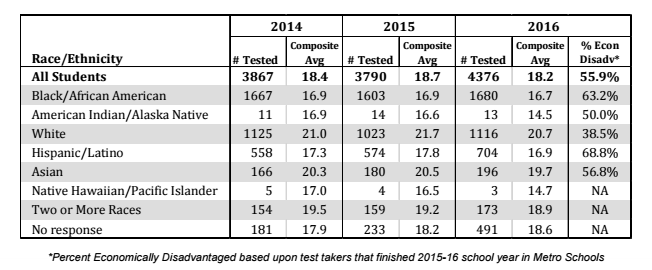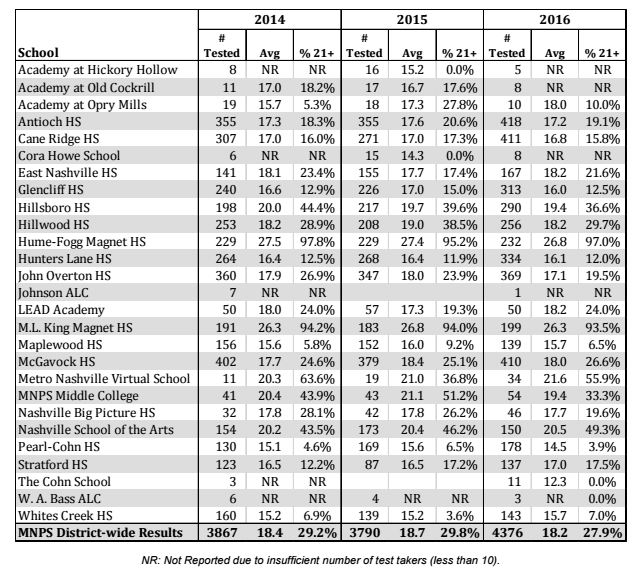 Today, we welcome Senator Steve Dickerson to the blog. Steve Dickerson is currently running for state senate in District 20 against Erin Coleman.
Today, we welcome Senator Steve Dickerson to the blog. Steve Dickerson is currently running for state senate in District 20 against Erin Coleman.
You can read Erin Coleman’s interview here.
Can you tell us a little about yourself and why you are running for office?
I am an anesthesiologist and father of three. My wife and I have lived in Nashville for 20 years. I am running for re-election to continue to expand prospects for Tennesseans to live the American dream. I believe this is accomplished by creating an environment that fosters economic development, enhances educational opportunity and provides government services in an efficient and cost-effective manner. As a city and state, we have made great strides over my first term but there will always be room for improvement. Our best days are ahead of us.
What role should the legislature and the state play in the education system?
There is a dynamic relationship between local school boards, local governments, the General Assembly and the federal government. Overall, the General Assembly has a role in aligning curricula with workforce needs; funding and setting overall state standards. There will always be some tension between all of those stakeholders so it is important to have representatives who understand this, will try to build consensus and advocate for good policy.
What is one thing that the state is doing well in regards to the education system?
I think the best thing we have done is to continue to discuss the importance of education. While virtually everyone would agree as to the key role education plays, over the last several years we have really re-focused on education’s essential contribution to the future of our city and state. As far as specific, tangible policy, the state has increased funding at an unprecedented rate without increasing taxes.
What is one thing that the state is doing that needs to be changed or improved?
I believe there is widespread “over-testing.” Recently, the state decreased requirements for standardized testing. While this is a good start, I think we need to continue to look for ways to decrease the volume of testing and the reliance on “high stakes” testing. This process involves LEAs, school boards and the General Assembly and is one of our areas where we all need to work together. I have toured dozens of MNPS schools over my term and the burden of testing and test-preparation has been the most common concern voiced by teachers.
If reelected, what education policies will you advocate for at the legislature?
I will support a more nuanced agenda of educational reform. Six years ago, when Governor Haslam took office, there was universal concern over our state’s performance on national tests. As a result, our state undertook an aggressive reform package. Now, it is time to take stock of where we are and how to get where we need to be. I view this somewhat from my perspective as a physician. If a patient is in critical condition, one needs to be aggressive. But, once the patient is stabilized, a more long-term, balanced approach is required. I believe we are at that point in our current wave of education reform. In my first term, I sponsored numerous education bills. Two of note were the “Quality Pre-K Act” and the “Charter Accountability Act.” I will continue to seek these same sort of policies that look for data-driven solutions that are supported by advocates all across the spectrum.
How will you support Metro Nashville Public Schools as a state senator?
I have enjoyed a very solid relationship with MNPS over my first term and expect that it will only grow stronger over the next four years. There are three specific actions I will pursue on behalf of MNPS. First, I will be an advocate for MNPS in and out of the General Assembly. I am proud of the work we are doing in Nashville and will make sure everyone knows it. Second, I will continue to sponsor bills on behalf of MNPS. Third, I will continue to look for ways to enhance funding. MNPS has one of the most diverse student populations in the state. This is a strength that adds vibrancy to our city but also entails additional costs.
Thank you for your time. Is there anything else you would like to add? Where can readers go to find more about your campaign?
I have spent the last four years learning how to build coalitions and I have sponsored bills that have gained support from a wide range of groups and individuals. In my next term, I will continue to seek thoughtful solutions to help enhance educational opportunity for all Tennesseans. For more on my campaign, please visit my website at www.votestevedickerson.com
For more on education politics and policy in Tennessee, follow @TNEdReport.
 s the truth.”
s the truth.”

